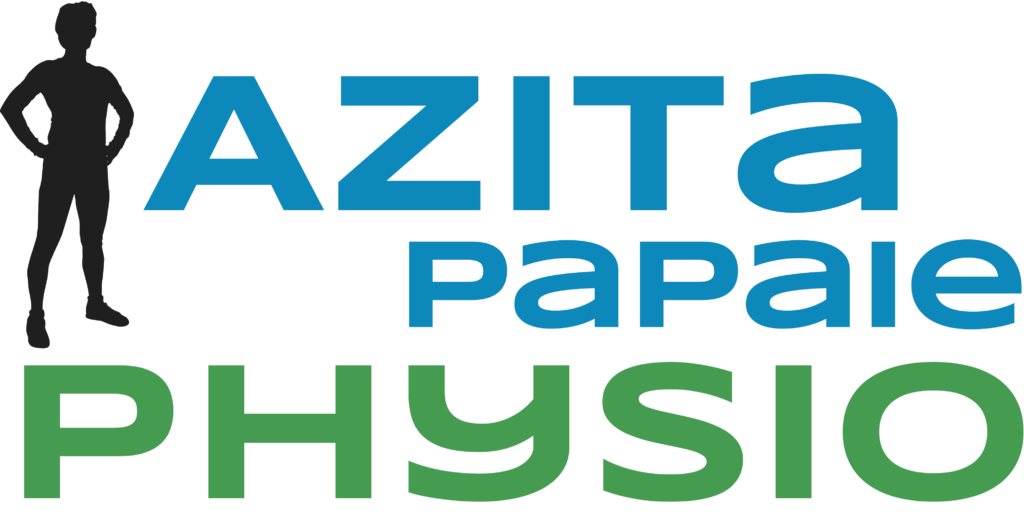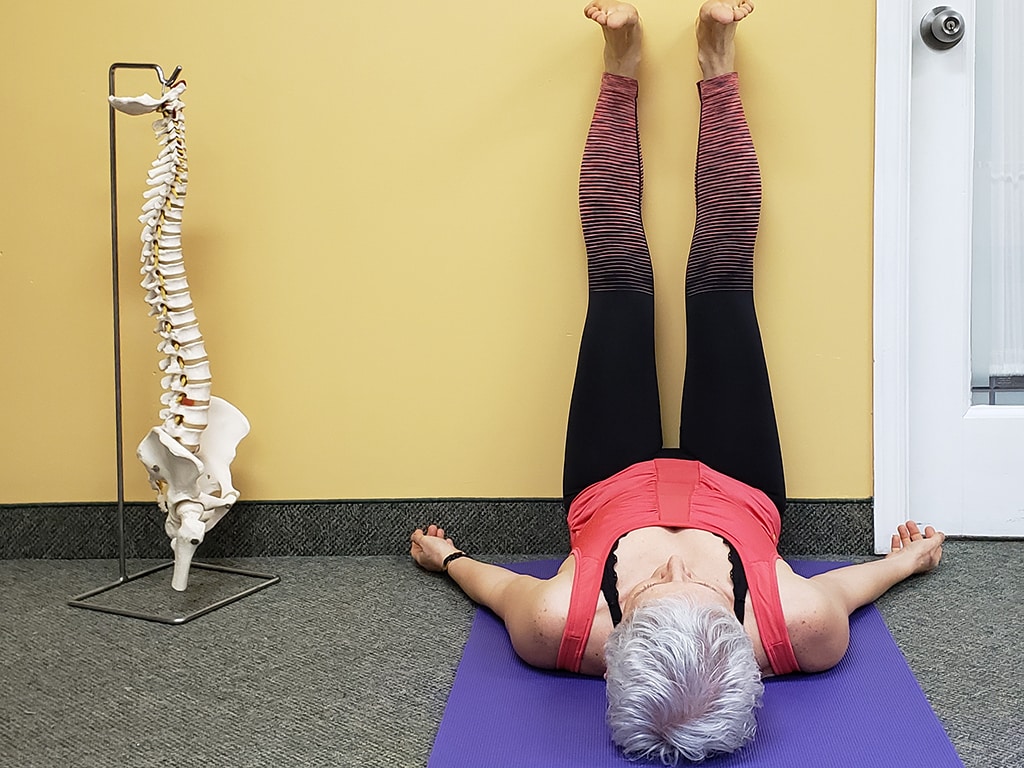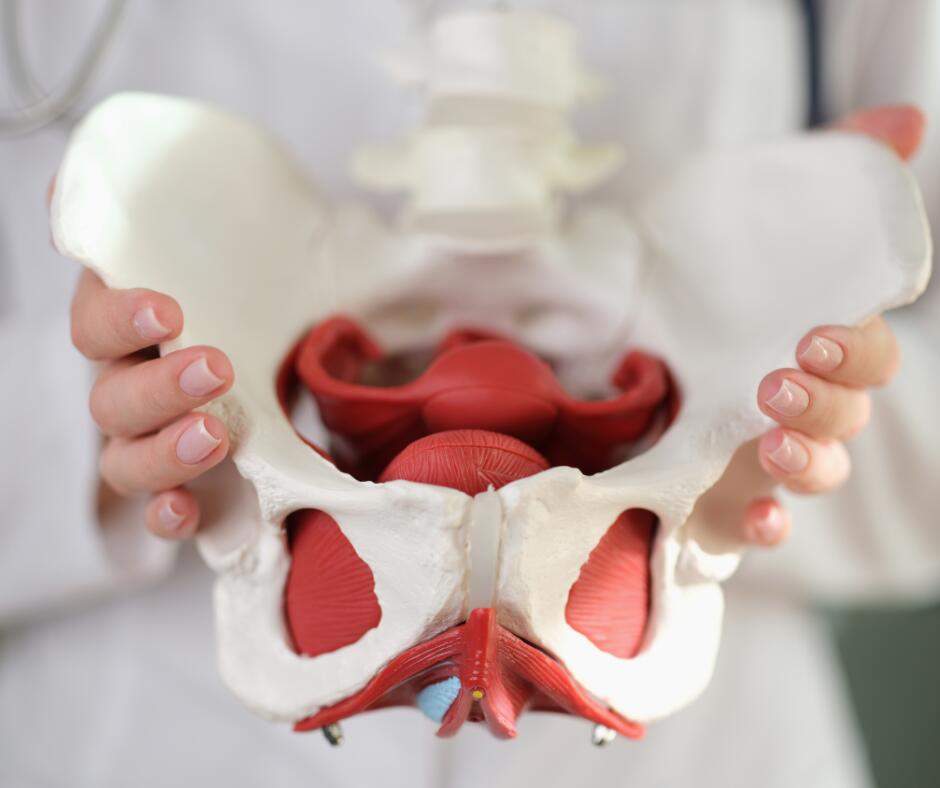Physiotherapist Azita Papaie on Pelvic Floor Health: Breaking the Silence Around Incontinence
Urinary leaks. Just saying it out loud can make people squirm. For a lot of women, and even some men, it’s one of those hush-hush topics we keep to ourselves. We laugh too hard, cough, jump, or run, and suddenly there’s that little “oops.” Many shrug it off, thinking “Well, I’ve had kids” or “I’m getting older, this is normal.”
But here’s the truth: it’s not something you just have to live with.
In a recent episode of the Pink Flow’d podcast, physiotherapist Azita Papaie broke down what’s really going on with the pelvic floor and why so many people experience urinary incontinence. And, most importantly, what you can do about it.
So, what is the pelvic floor anyway?
Picture a hammock made of muscles sitting at the bottom of your pelvis. This little group of muscles is in charge of holding up some of the most important organs in your body: your bladder, uterus and rectum.
When those muscles are strong and coordinated, everything works like it should. When they’re weak, tight, or out of sync? That’s when leaks happen.
Research shows that nearly half of women over 50 experience some form of urinary incontinence, but many never talk about it or seek treatment.
Why leaks happen
There are a few different reasons urinary incontinence shows up:
- Stress incontinence: A laugh, sneeze, or workout puts pressure on the bladder.
- Urge incontinence: That “gotta-go-NOW” feeling, even if your bladder isn’t full.
- Mixed incontinence: A little bit of both.
Pregnancy, childbirth, menopause and even things like posture and breathing patterns can affect how well your pelvic floor does its job.
The myth we need to stop believing
One of the most powerful things Azita said in the podcast is that leaks are common, but they’re not “normal.”
Just because something happens a lot doesn’t mean it’s inevitable. We don’t tell people with back pain, “Oh well, that’s just aging, deal with it.” Pelvic floor issues deserve the same respect and care as any other part of the body.
What can actually help
The good news? There are solutions and they don’t all involve surgery or medication.
- Pelvic floor physiotherapy: More than just “do your Kegels.” A therapist can teach you how to engage the right muscles (many people do them incorrectly). Evidence shows that pelvic floor muscle training (often with a physiotherapist’s guidance) significantly reduces or even resolves symptoms for many women. One major review found that women doing supervised training were 40% more likely to see improvement or complete cure compared to those who did nothing.
- Lifestyle tweaks: Reducing caffeine, managing activities and proper weight training techniques*, and adjusting fluid intake are some simple but powerful steps.
- Breathing and posture: The way you move and hold your body can either support or strain the pelvic floor.
- Biofeedback and tools: For those who struggle to find the right muscles, technology can help guide proper activation.
- Holistic approaches: Gentle release techniques, massage and stress management round out treatment for many patients with tight pelvic floor.
*When the pelvic floor works in coordination with the core during weight lifting, pressure is better managed, which can help reduce the risk of urinary leakage in both men and women.
Why we need to talk about it
Perhaps the most important takeaway from this conversation? We need to talk about it.
Shame and silence keep people from getting help. The more we normalize conversations around pelvic health, the more people will feel empowered to seek care. As Azita put it, your pelvic floor is just another set of muscles. If they’re not working properly, they deserve support, not stigma.
Final thought
If you’ve been living with leaks, know this: you don’t have to. The pelvic floor may be a small set of muscles, but it has an outsized impact on your daily life and confidence. With the right support, treatment and a little openness, you can take back control.
Because “common” doesn’t mean “normal”, and it certainly doesn’t mean untreatable.
Don’t wait to feel better
Pelvic floor therapy can help you regain control and confidence without surgery or medication. Book an appointment to learn how personalized treatment can make a difference.
Azita Papaie is a registered physiotherapist passionate about the holistic approach to human body, health and well-being based in Saint-Henri, in Montreal.




